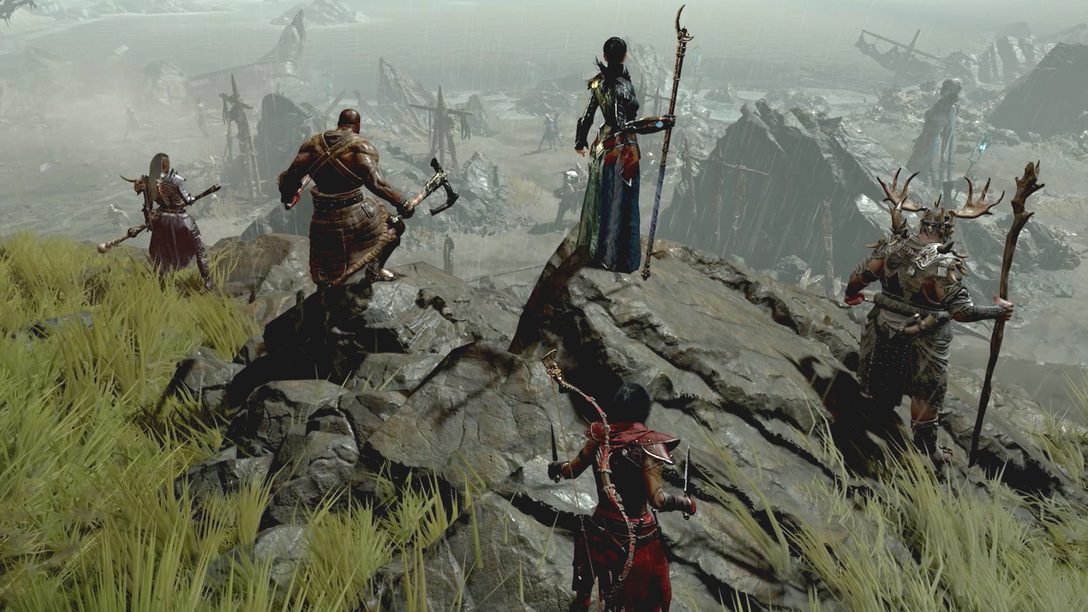
The developers behind the RPG franchise break down expanding the world, game systems and more.
Since its very first announcement in 2019, Diablo IV has ignited infernal anticipation among players worldwide. In the past couple of weeks, we’ve had the chance to immerse ourselves in a preview build of the game and were ensnared by its exhilarating gameplay, sinister lore, and boundless replayability. Below is an interview we’ve conducted with the minds behind the game, shedding light on the depths of this highly anticipated hellish adventure.

Can we share any features or gameplay mechanics in Diablo IV that you believe will excite some of the longtime fans of the series?
Dorottya Kollo, Lead UI Designer, Diablo IV: I always like to kick it off with the classes, because of how in-depth we went with them. We created a lore to make sure that they’re not just classes, but you actually believe in what class you’re playing as. Like Druid, this is probably one of my favorites, they can talk with animal spirits, they can actually make an offering and get something in return so there’s that transaction. And I love the fact that other players if you are not a Druid, then you cannot actually see them and interact with them. Apart from classes the skill tree is something that we’re really proud of as we put a lot of effort into it. It looked extremely different six months ago. In general when it comes to lore and gameplay, giving players the opportunity to explore the world, to explore dungeons and strongholds.
Adam Z. Jackson, Lead Class Designer, Diablo IV: There’s a series of progression systems that I think a lot of long-term fans will enjoy. You start out with the skill tree, you start out with some very simple itemization, and then as you go through the campaign, you get more and more layers on top of ways to customize your character. Late in the game, you get unique powers that give you even more ways to customize your player, and then the Paragon board comes online. So we start gentle and then there’s more systems and ways to make your character really special and powerful.
How has the studio reapproached its design philosophy for activities outside of the main story campaign in consideration to Diablo IV being an open world?
Jackson: One of the things we did that’s very unique to Diablo IV is the Codex of Power. Normally, in other games it’s a bit random, you’re just killing enemies and hoping to get the gear that you want. The Codex of Power marries two things together, we want to get you invested in this open world that we’ve created, and we also give you some deterministic ways to create the character fantasy that you want. Every dungeon that exists has a Codex of Power legendary aspect attached to it. When you defeat that dungeon for the first time, you get the essence of a legendary power. Then you can take it to a crafter called the Occultist to imbue that power onto your items. You own that power indefinitely. There are still other legendary powers that you’ll have to find through the traditional way of going and killing monsters and hoping that you get the one that you want, but this is one of the ways the open world and our systems interact with each other, to hopefully create an even better experience that we don’t have in our previous titles.
Kollo: Yeah, and with the open world, it was definitely a feel of like, how do we handle the Diablo front when it comes to the actual gameplay, how do we engage players as they explore the world? The team did awesome because you never really know what you’ll find. You start going somewhere, it’s like, oh I’m going to pin this quest, and I really want to do it. But then you constantly get distracted, because there’s so many things going on. You might hear villagers screaming somewhere and now you want to check it out. So it’s all about that unpredictable element in creating the world.

Diablo games, as we’ve discussed, are known for their replayability. What efforts have been made in Diablo IV to ensure that players can enjoy the game over and over again, and are there any new systems or improvements in this regard?
Jackson: We kind of have a path that we expect players to go on, where it starts off a little bit narrower. We present ideas and fantasies to chase, then it gets broader and broader as more and more systems come online for you to interact with. As a simple example, let’s say you’re playing as Sorcerer, we give you very simple, easy to understand fantasies. Right when you log in the first skills you pick from, there’s a fire one, a cold one and a lightning one, right. So we kind of lead you down that path as you go through the campaign. It’s fairly linear. There’s customization within them in the Skill Tree but your general fantasy is straightforward. But then when you get legendary powers coming online and you get your class mechanic coming online, there’s now a lot of nuances like what kind of fire Sorcerer do I want to be because you can be like an incinerate one that burns enemies with a beam, firewall where you spawn things on the ground, a fireball one where you shoot them with fireballs, or a meteor one where you shoot down meteors. Though they’re all fire, they’re very different ways of playing in fantasy. And then even within those as you go further in the game, there’s different legendary powers that make those skills change in different ways and do different things and the nuances of how you play. Being a live service game also just changes a lot of what we’re able to offer to people, there’s going to be ever growing things coming into the game and ways that even the existing pieces are changing and shaping, so that there’ll be a lot for people to do for a very, very long time.
Kollo: Just to add to that, we’ve been doing a lot of testing and got some amazing feedback, and that’s something that we constantly like working towards to improve the game and to consider what else we can offer to players. As Adam said, the Skill Tree is also built in a way that is quite flexible in terms of starting with a certain path, let’s say the fire Sorcerer, and then you were like, okay, I’m bored with this, I want to try something else. Also if you want to try a new class at some point, instead of forcing you to replay the campaign, we give players the option to skip the campaign with that new character. Then they can just literally jump into the final elements of the game and play around with the payouts. It’s a flexible way for fans to enjoy the different classes.
Player versus player (PvP) interactions are a new addition to Diablo IV, could you elaborate on how PvP will work in the game? And what kind of experiences players can expect?
Kollo: Originally, we wanted to create these very obvious areas on the map to make sure you know it’s a dangerous area to enter. We wanted to make it into almost its own thing. The idea is that you can be hostile, but you don’t have to be. There’s two elements to it, one element is that let’s say I’m not going hostile, and I’m just going to kill monsters. There is a specific boss in the area that you can kill. You pick up these unclean shards and you have to go to this ritual area. Now when you do this ritual area, you need to spend x amount of time to convert these unclean shards into actual currencies. Once you get these currencies, it’s yours and you cannot lose them anymore. Then you use this currency to buy some really unique items in town, specifically PvP vendors that nobody else can have. But there’s obviously a chance that while you’re doing this ritual, someone can just come in and kill you, and then you can’t drop shards or spawn from the town so you’ll have to pick them up again. A lot of people end up becoming hostile to avenge themselves, which is fun. Then we have this additional aspect, if you kill a player 10 times without you dying, you’ll obtain the Vessel of Hatred title. If you can hold it for x amount of minutes then you get a special reward for it. But then the problem is that you get marked on the map, and everybody knows about your presence, and they’ll want to hunt you down. So there’s different elements and challenges we’ve brought to PvP. There’s also monsters too, plenty of them.
The resurrection of the demon, Lilith has set the stage for the story in Diablo IV. Without revealing too much, can you provide some insights into the narrative direction? And what elements of the story should players be excited about?
Jackson: The team is very excited about what Lilith represents, and how she has a huge history in the game. Lilith has been around since the beginning of time in this world, but also, we haven’t really interacted with her yet as players. It’s really cool to kind of bring a character like that, that is so influential and important, but we haven’t really seen (we’ve only heard whispers of) and now we actually get to see them be a main focal point. So we’re really excited for players to explore Lilith’s story, as well as to see how everyone else is reacting to the events that happened too. One of our pillars for the team is a return to darkness. We’re really trying to go back to kind of our old roots of seeing Sanctuary as a dark and scary place, and we reflect that in a lot of ways, the story being one of them.
Kollo: I also love how we have this strong female character with Lilith. Like, she’s scary. And I love the impact she had on the game, even if it’s more subtle. For example, the UI and what you actually see with the Gothic style of the game and the materials we use, our research was very heavily affected by the return to darkness theme that Adam mentioned. Originally, for UI we wanted to use materials like leather and paper, but based on how the story was developing on the side, we ended up looking at burn materials and lava rocks, almost reflecting burnt monster skins and stuff like that. So it’s just the idea of really bringing that fantasy into it.

What new options and choices will players have in Diablo IV when it comes to developing and evolving their characters? Maybe there’s something that’s specifically exciting for you and the way you like to play that you can discuss?
Jackson: One I can delve into a little bit more that we didn’t before is the Paragon system. This is our end game progression system that comes online a little bit post-campaign. We’ve got these giant boards, as you level up you still get experience from 50 to 100 and you get to move across these boards. We have different types of nodes: rare nodes and glyphs you can put in that empower nodes around it, and then legendary nodes that give you almost the equivalent of a legendary powers worth the power. You can choose multiple different boards and even rotate/change how they’re oriented to move across them and get stats in the way that you think is optimal for your character. You can chase the different rare glyphs and level them up. There’s a lot to do there, and it’s really meant for players who have been playing this game for a while, that’s why we don’t introduce it at the very beginning of the game.
Kollo: To me the character customization is something that stood out and that I’m personally very proud of. It’s the first Diablo game that has such in-depth customization and gives players the option to create characters that speak to them, to create something they can relate to. We’ve conducted a bunch of testing sessions and to see videos where people tear up or get really touched by the characters they created makes it worth it. Like this is the point of all our work.

With its dark atmosphere, highly customisable combat, and immersive storytelling, Diablo IV promises to deliver a highly replayable and satisfying entry in the series for both newcomers and long-time fans.
This interview has been edited and condensed for brevity and clarity.
Diablo IV launches June 6. Deluxe and Ultimate Edition owners can enjoy Early Access of the game from today.






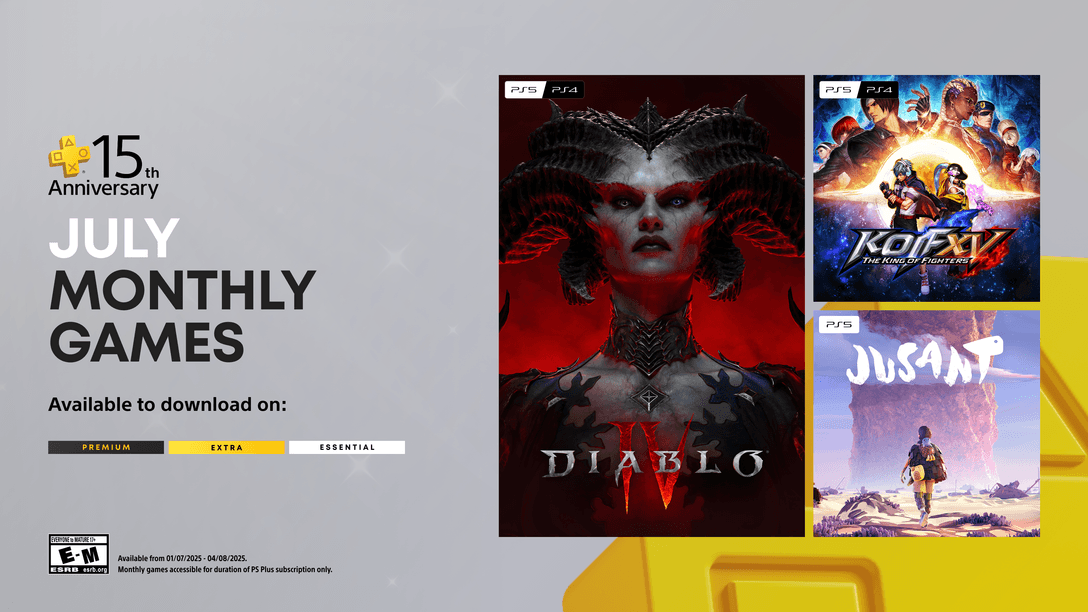
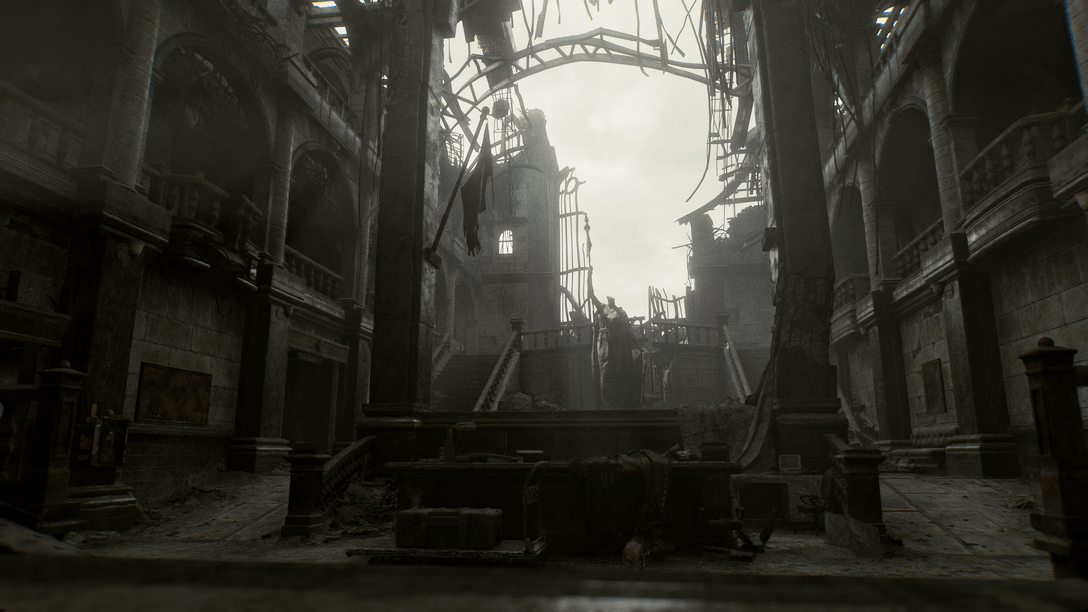
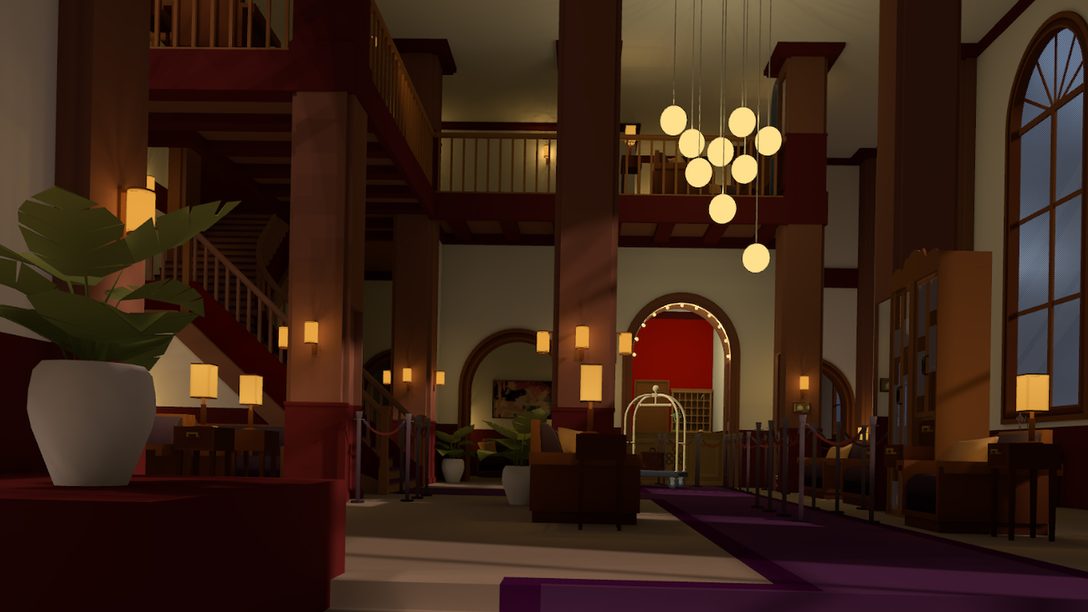
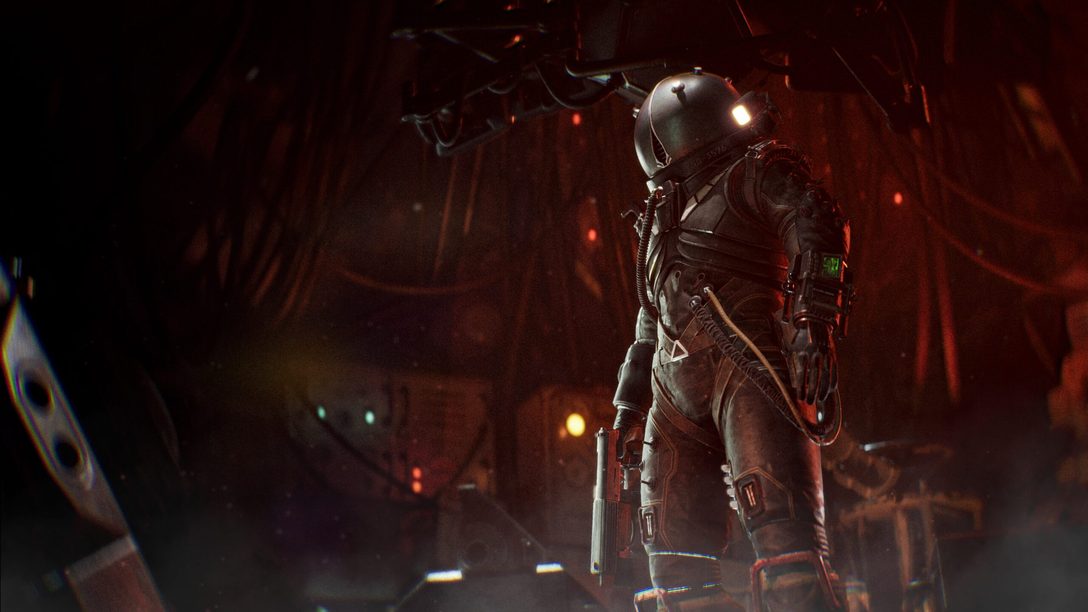

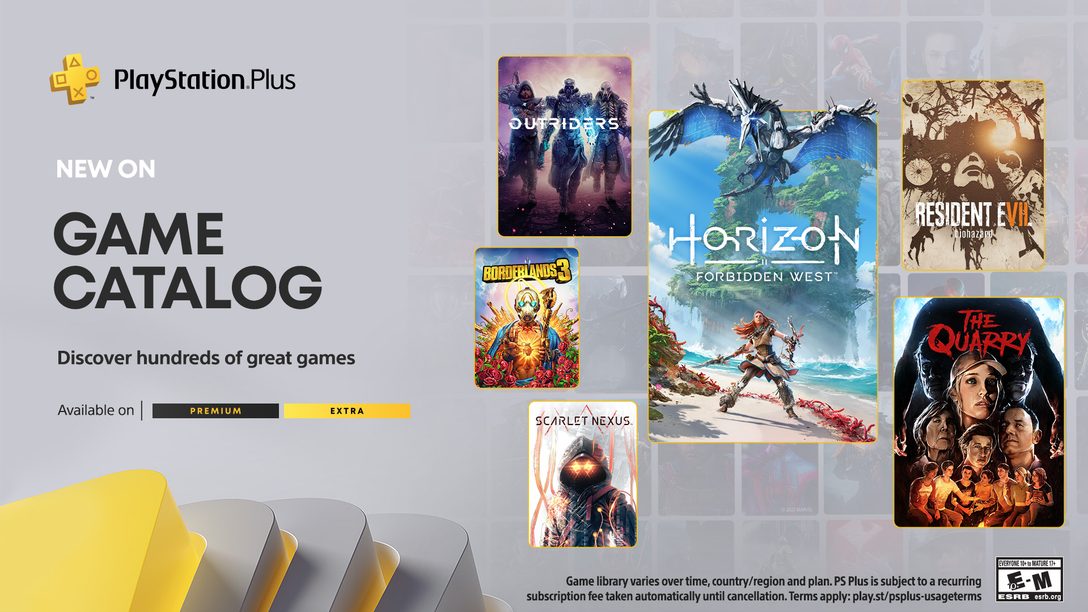


Comments are closed.
7 Comments
Loading More Comments